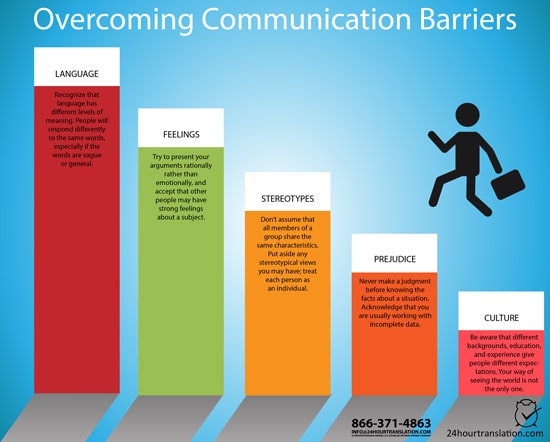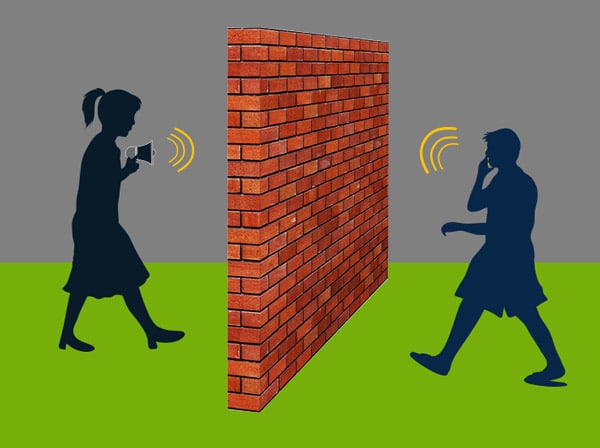

Traveling abroad can be an incredible adventure, filled with new sights, sounds, and experiences. However, navigating the intricacies of different cultures, languages, and customs can sometimes feel like trying to decipher a hidden code. One common hurdle faced by travelers is the frustration of communication barriers, especially when it comes to interacting with foreign hotel staff, potentially creating a less-than-ideal travel experience.
Lost in translation is more than just a phrase; it’s a potent reality for many travelers who find themselves grappling with linguistic differences during their hotel stays. From ordering breakfast to arranging transportation, simple tasks can quickly become monumental challenges if basic communication falters.
The impact of a poor language understanding extends far beyond inconvenience. Imagine trying to explain a specific need, like a room change or extra toiletries, but struggling to express it clearly. This can lead to misunderstandings, lost time, and ultimately, a frustrating stay.
Beyond the linguistic gap, cultural differences play a crucial role in successful communication. Nonverbal cues, such as gestures, body language, and personal space, can vary significantly between cultures. What may be considered polite in one country may be interpreted as rude or disrespectful in another. A lack of awareness of these nuances can lead to awkward or even strained interactions with hotel staff.
One key strategy for navigating these complexities is preparation. Learning a few basic phrases in the local language can go a long way in demonstrating respect and facilitating communication. Even if your language skills are limited, carrying a phrasebook or a translation app can be incredibly helpful for quick reference.
Employing clear and concise language is crucial. When communicating with hotel staff, avoid ambiguous or complex sentences. Break down instructions into smaller, easily understandable parts. Additionally, writing down key information or using visual aids can help bridge the language gap. A simple sketch can often clarify your request.
Using visual aids or simple gestures can sometimes be more effective than words, especially when dealing with a language barrier.
Another valuable tool is utilizing translation apps or services. These readily available resources can translate words and phrases in real-time, allowing for instant communication and addressing any misunderstandings promptly.
If you face significant communication problems, consider seeking assistance from fellow travelers or embassy personnel. They may be able to offer additional support and guidance in navigating the situation.
Moreover, selecting hotels with multilingual staff or those that offer support through translation services can contribute to a more seamless travel experience. These preemptive measures can reduce frustration and maximize the enjoyment of your foreign travel experience by proactively addressing possible language challenges encountered in the hotel and beyond. This preparedness can turn a potential problem into an educational opportunity, broadening your understanding of global communication and increasing respect for other cultures and languages, thus creating a better travel experience. This preparation makes the difference between a good trip and a fantastic one. It’s about more than just getting from point A to point B; it’s about connecting with the world around you in a deeper way and creating unforgettable experiences. This proactive approach ensures your interactions are far from frustrating, but instead, rewarding and enriching. By acknowledging the existence of language barriers and anticipating them, travelers increase their chances of smooth communication and foster mutual respect and trust within the community. This awareness fosters cultural understanding and helps create memorable interactions with the local community and staff. This demonstrates an understanding that communication is a two-way street, encouraging mutual respect and a more welcoming environment for all involved. The more you embrace cultural diversity and address possible barriers, the more enriched and fulfilling your travel experiences become. By acknowledging the challenges and preparing solutions, the potential for misunderstandings can be minimized, leading to positive, enriching experiences. This can transform a potential challenge into a learning opportunity and an unforgettable cultural experience. This proactive approach allows you to truly connect with the culture and people you encounter, and these interactions leave a lasting positive impact.
In conclusion, navigating foreign travel, especially hotel stays, requires proactive communication strategies and cultural sensitivity. Understanding potential linguistic barriers and embracing a willingness to adapt can greatly enhance the experience, transforming potential frustrations into opportunities for connection and learning.